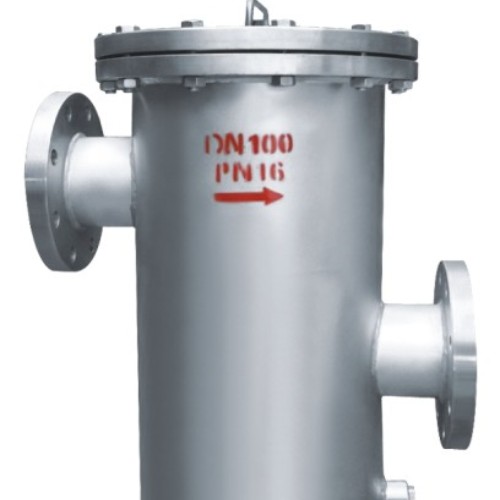mini electric actuator
Understanding Mini Electric Actuators Revolutionizing Automation
In an era where automation is key to enhancing efficiency and productivity across various industries, mini electric actuators have emerged as transformative components. These devices play a crucial role in converting electrical energy into mechanical motion, making them indispensable in applications ranging from robotics to precision machinery. This article delves into the intricacies of mini electric actuators, exploring their types, applications, advantages, and future prospects.
What is a Mini Electric Actuator?
A mini electric actuator is a compact device used to control a mechanism or system within a limited space. These actuators typically involve a motor and a transmission system to convert rotational motion into linear movement. Given their small size, they are ideal for applications where space is at a premium.
Types of Mini Electric Actuators
Mini electric actuators come in various types, each suited for specific applications
1. DC Mini Electric Actuators Utilizing direct current (DC) motors, these actuators are widely used due to their simple design, ease of control, and cost-effectiveness. They are commonly found in consumer electronics, automotive applications, and small robotics.
2. Stepper Mini Electric Actuators Stepper motors are perfect for applications requiring precise positioning. They move in discrete steps, allowing for accurate control of movement over a limited range. This feature makes them ideal for CNC machines and 3D printers.
3. Servo Mini Electric Actuators Servo actuators combine a motor with a feedback system, allowing for closed-loop control. This ensures precise positioning and velocity control, making them suitable for robotics, automation, and various industrial processes.
Applications of Mini Electric Actuators
Mini electric actuators have a wide range of applications across different sectors
- Robotics Mini electric actuators are essential in robots for enabling movement, whether within robotic arms or mobile units. Their compact size facilitates sophisticated designs in modern robotics.
mini electric actuator

- Automated Systems Many automated systems—such as conveyor belts, sorting machines, and assembly lines—utilize mini electric actuators for precise movement and control, increasing overall efficiency
.- Aerospace and Automotive In the aerospace industry, these actuators manage control surfaces on aircraft and drones, while the automotive sector uses them for adjusting seats, mirrors, and trunk mechanisms.
- Medical Devices Mini electric actuators are crucial in medical devices, including prosthetics and diagnostic machines, where precision and reliability are paramount.
Advantages of Mini Electric Actuators
1. Space Efficiency The compact design of mini electric actuators allows their integration into tight spaces. This is particularly valuable in applications where conventional actuators would be too large.
2. Energy Efficiency Many mini electric actuators offer better energy efficiency compared to hydraulic or pneumatic systems, leading to lower operational costs and a smaller environmental footprint.
3. Precision and Control With advancements in technology, mini electric actuators provide high levels of precision and control, enabling applications that require nuanced movements.
4. Cost-Effective Solutions With their decreasing production costs and increasing availability, mini electric actuators represent a cost-effective solution for both small-scale and large-scale projects.
The Future of Mini Electric Actuators
As technology continues to evolve, the future of mini electric actuators looks promising. Innovations such as advanced materials, smart connectivity, and integration with artificial intelligence will likely enhance their capabilities even further. The trend towards miniaturization in technology means that the demand for such actuators will only increase, paving the way for newer applications in emerging fields such as IoT (Internet of Things), smart homes, and autonomous vehicles.
Conclusion
Mini electric actuators are revolutionizing automation across various industries. By providing precise movement in compact form factors, they enable efficient and innovative designs that facilitate groundbreaking advancements in technology and engineering. As we move forward, the potential for these devices remains vast, promising to enhance automation and improve the quality of life in ways we have yet to fully realize. Whether in industrial applications or everyday devices, mini electric actuators are poised to play a pivotal role in the future of technology.
-
3-types-of-check-valves-maintenance-tipsNewsAug.23,2025
-
ball-valves-types-with-trunnion-mounted-designNewsAug.23,2025
-
butterfly-valve-company-production-capabilitiesNewsAug.23,2025
-
fisher-globe-valve-technical-specificationsNewsAug.23,2025
-
types-of-gaskets-for-flanges-selection-guideNewsAug.23,2025
-
wedge-gate-valve-suppliers-quality-standardsNewsAug.23,2025
-
Breakthrough in Domestic Low Temperature Valve Technology in ChinaNewsAug.18,2025




